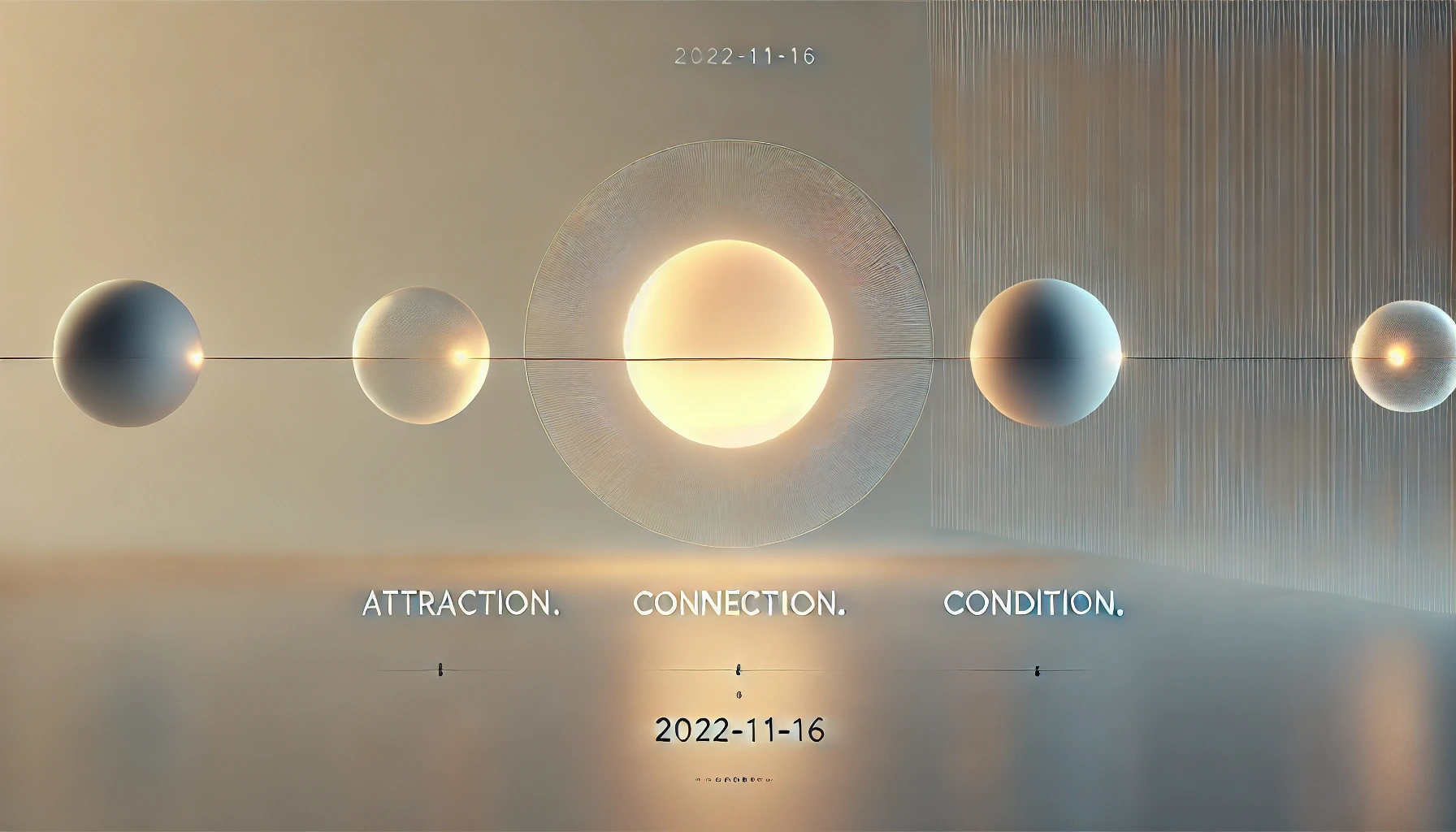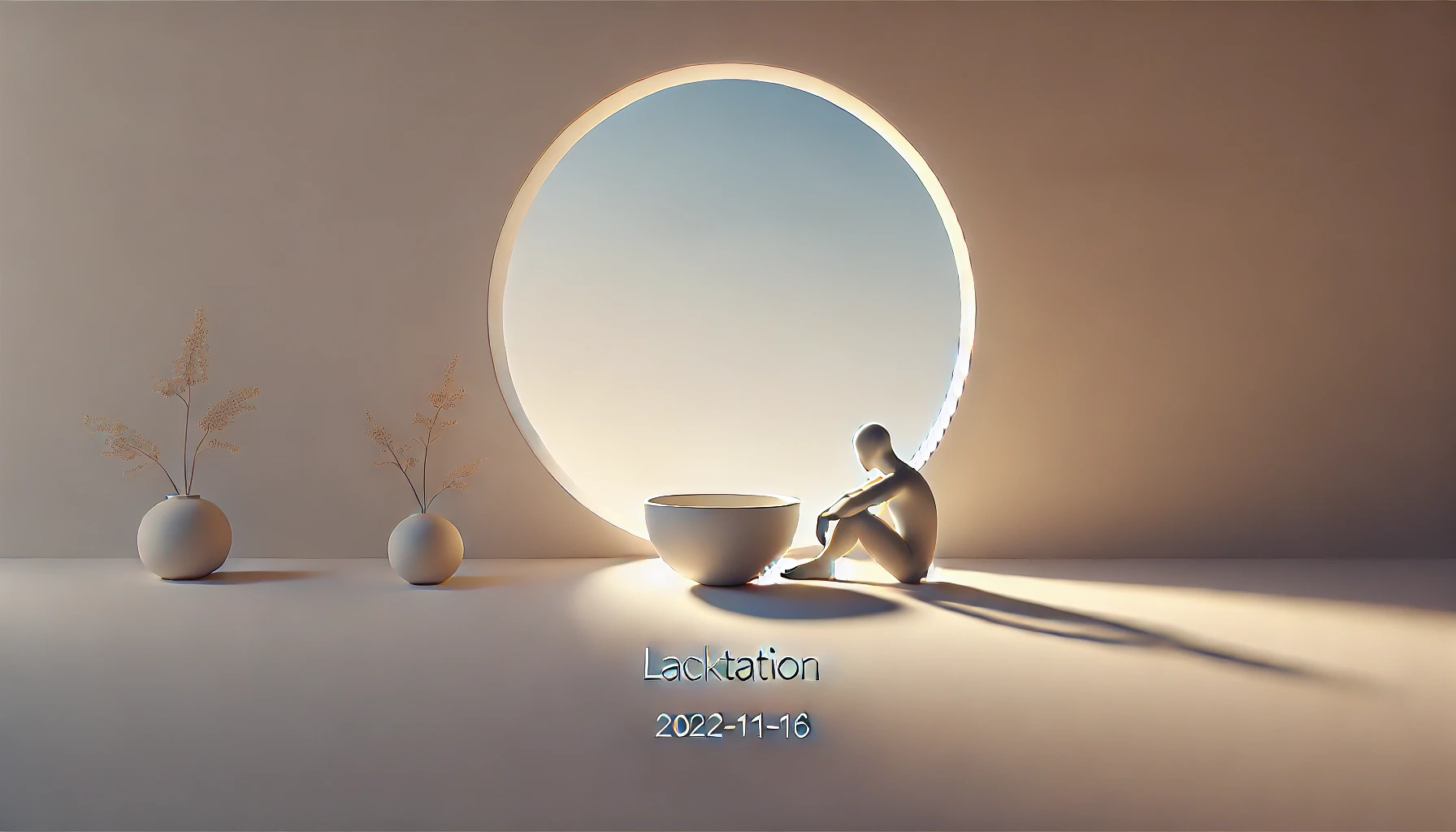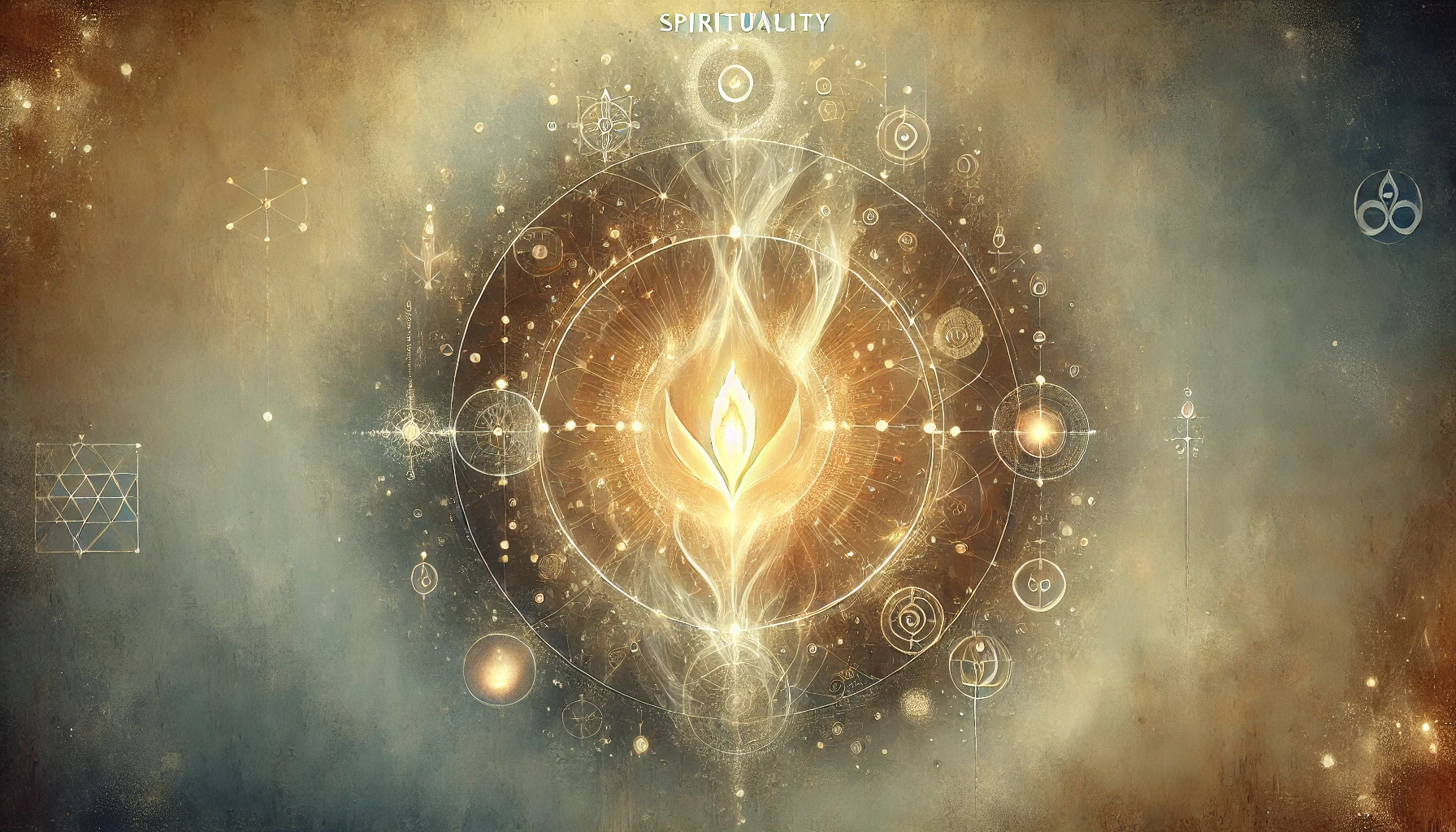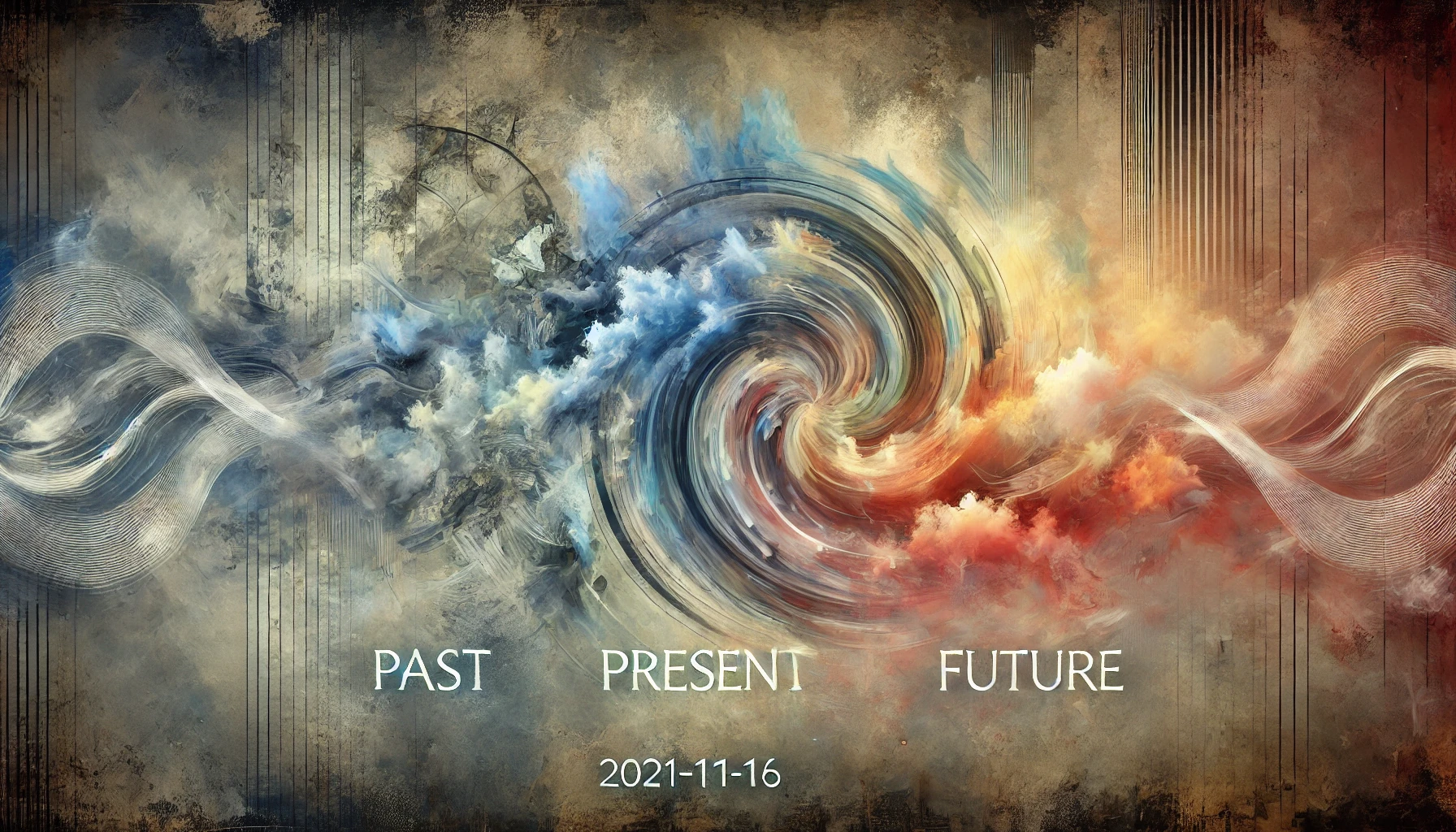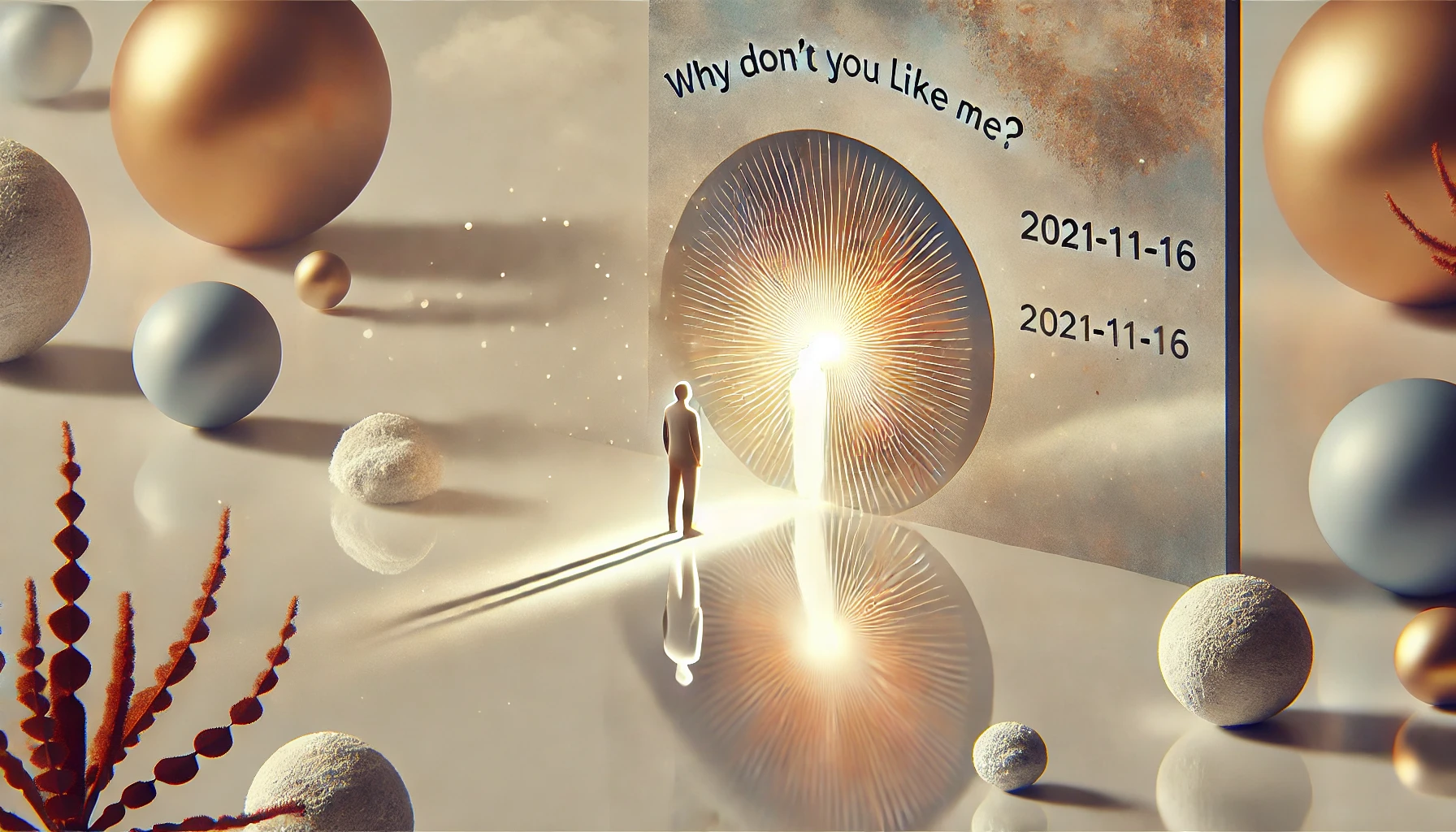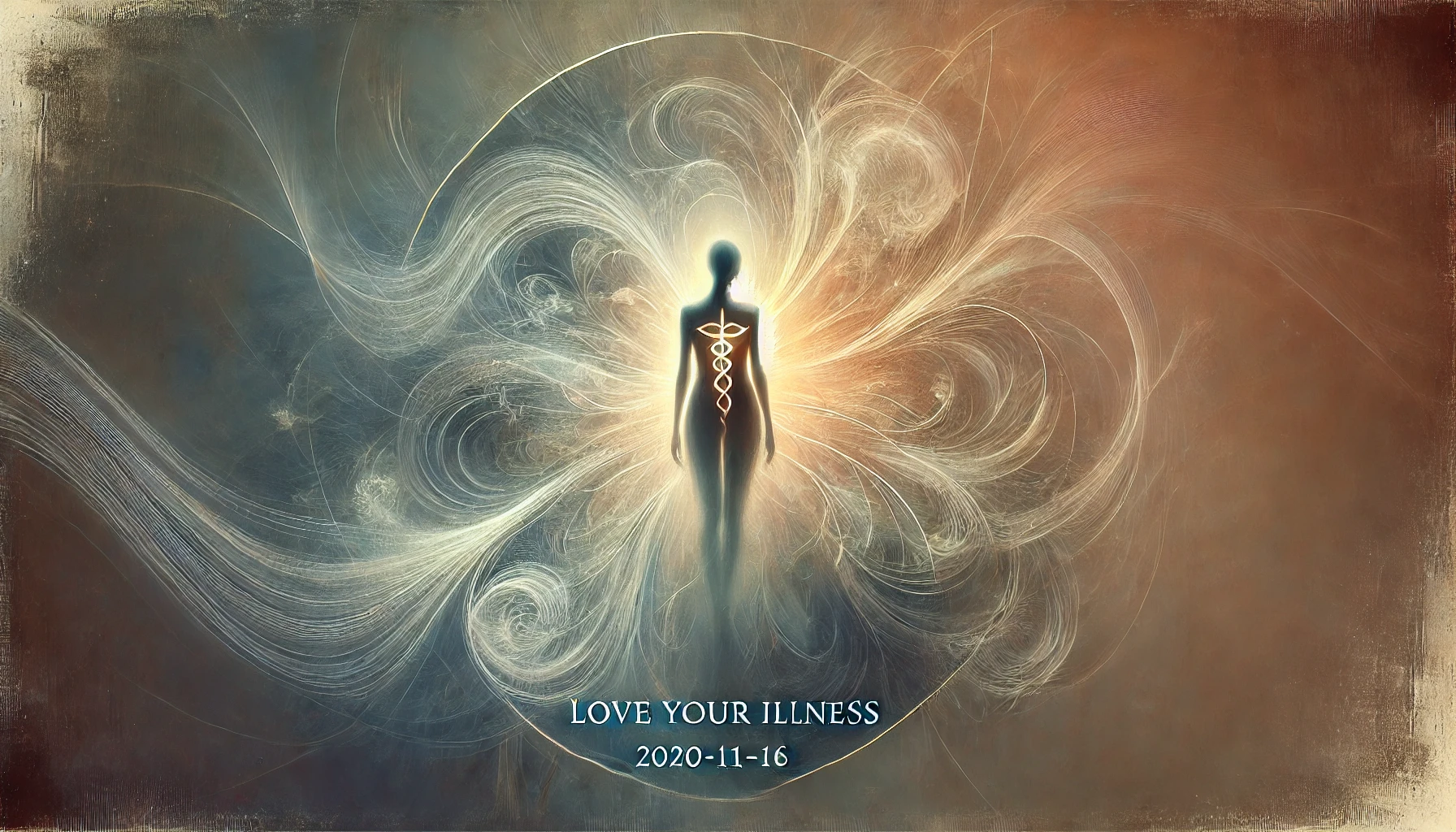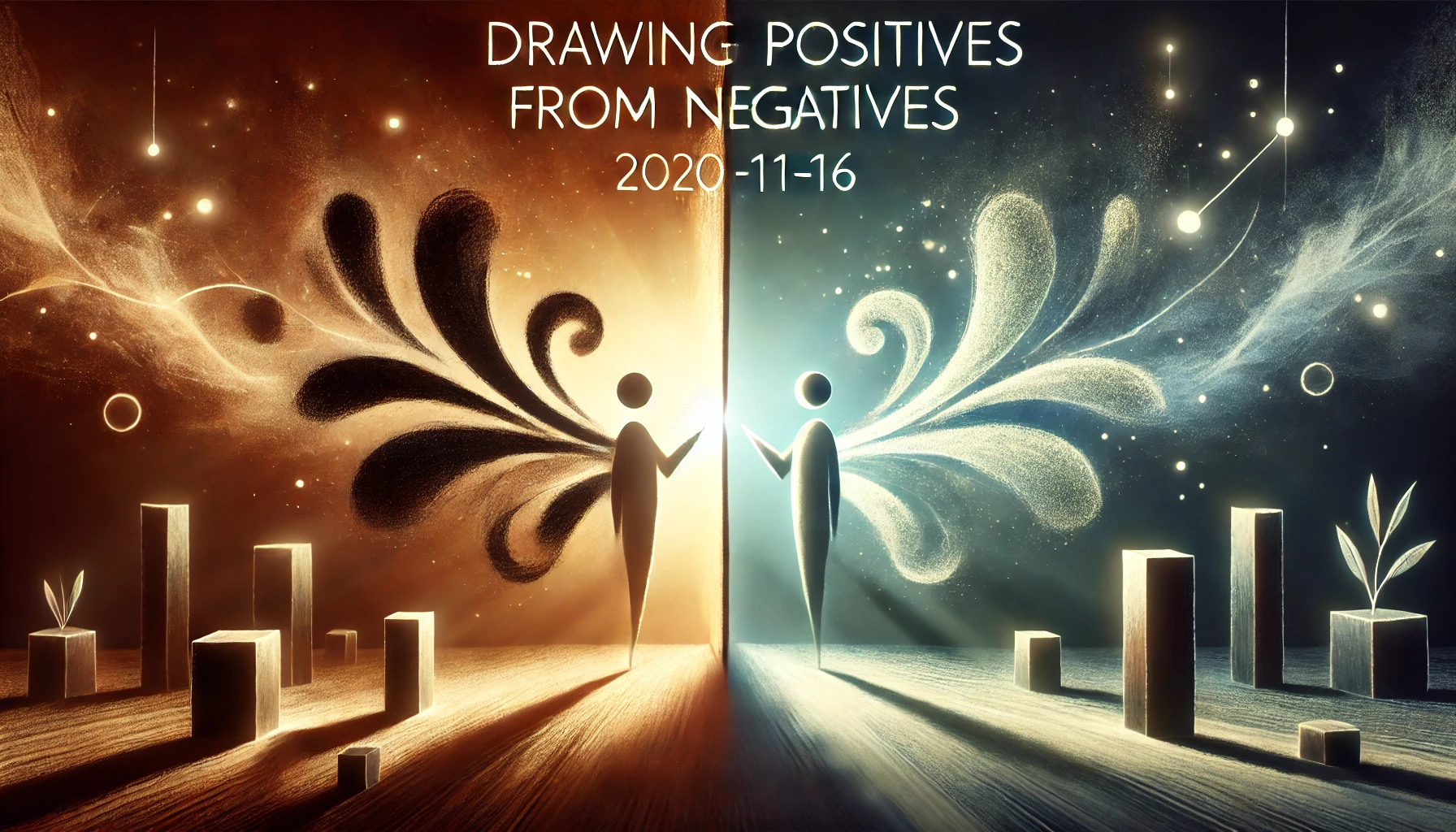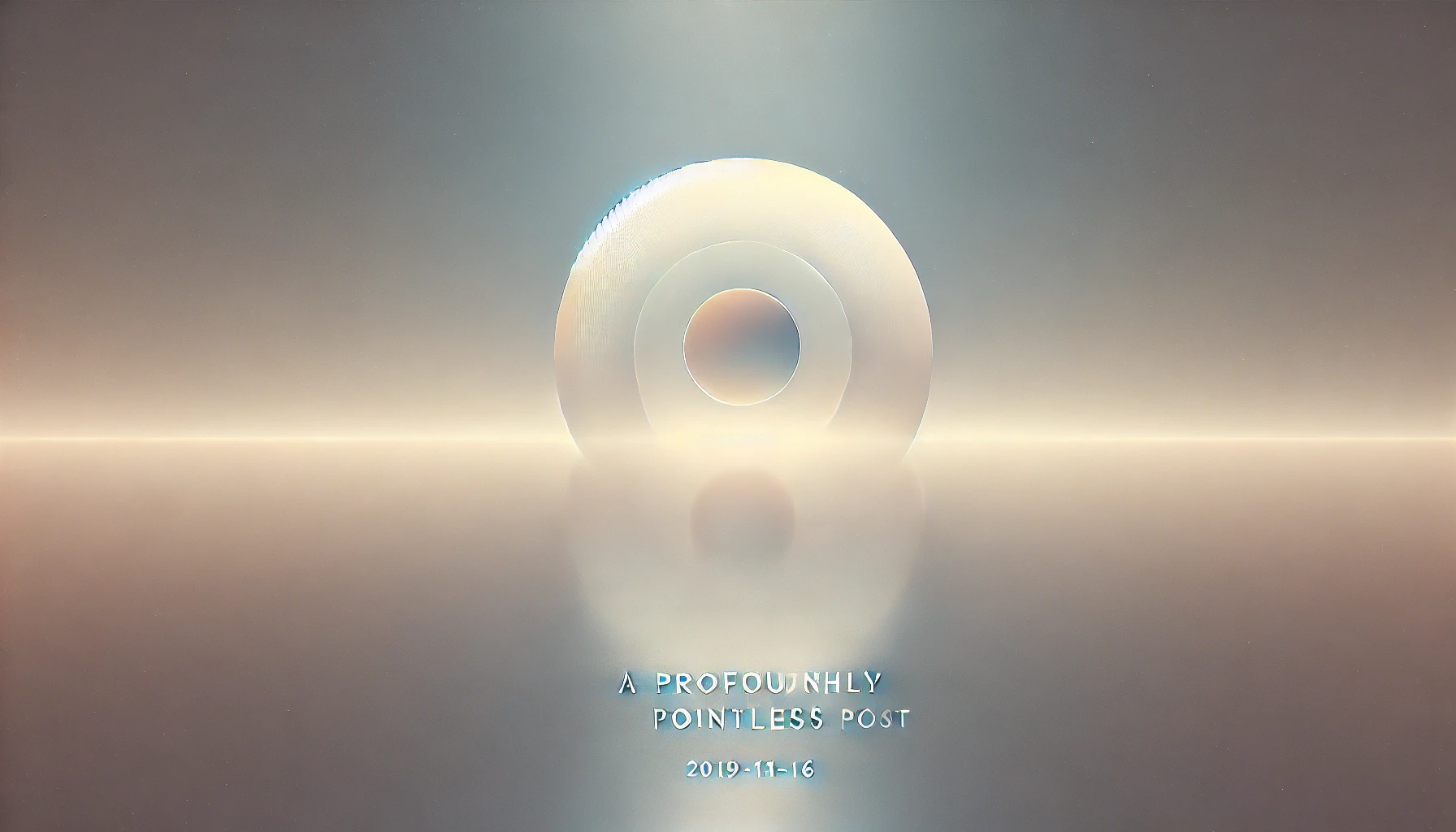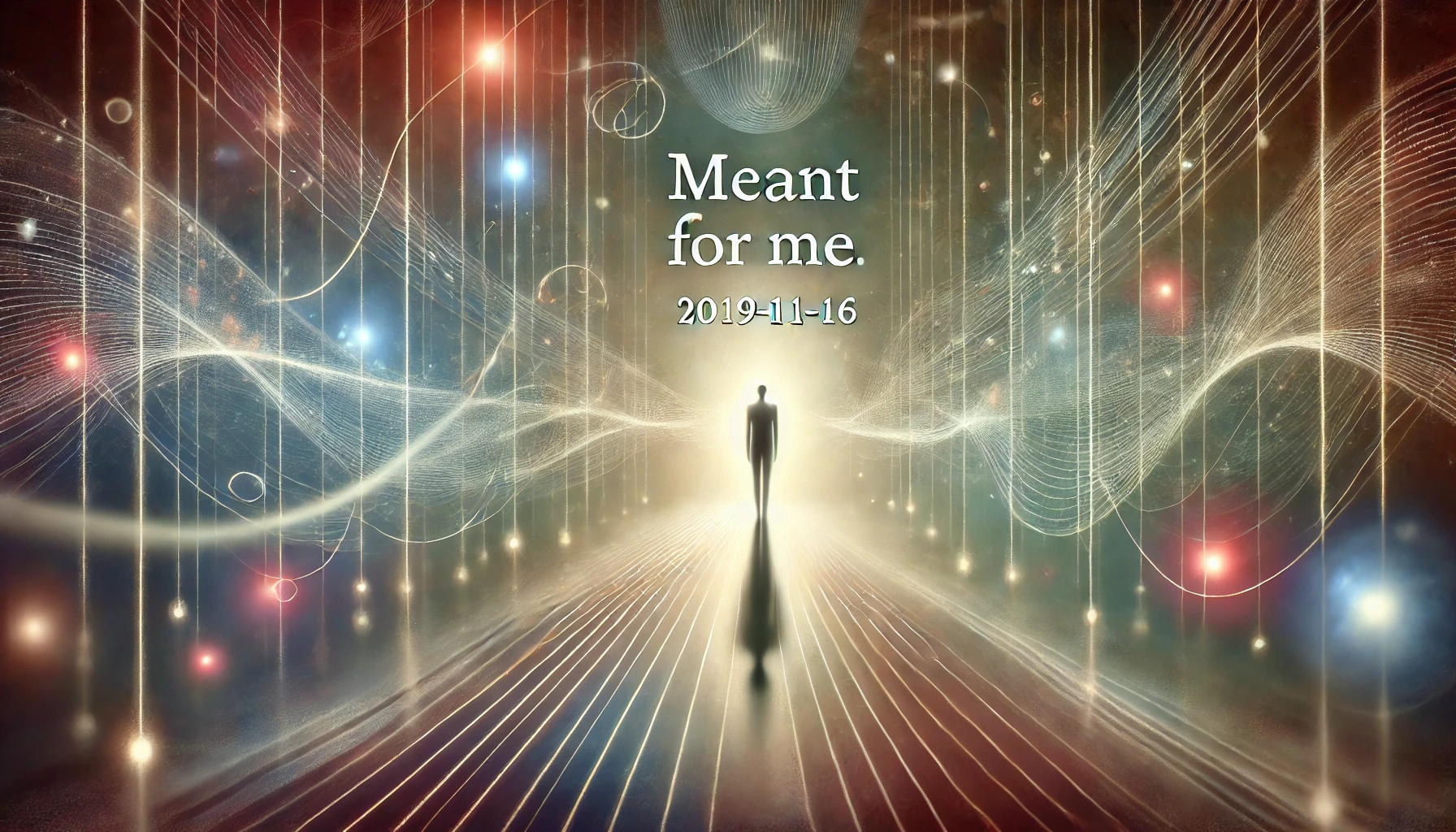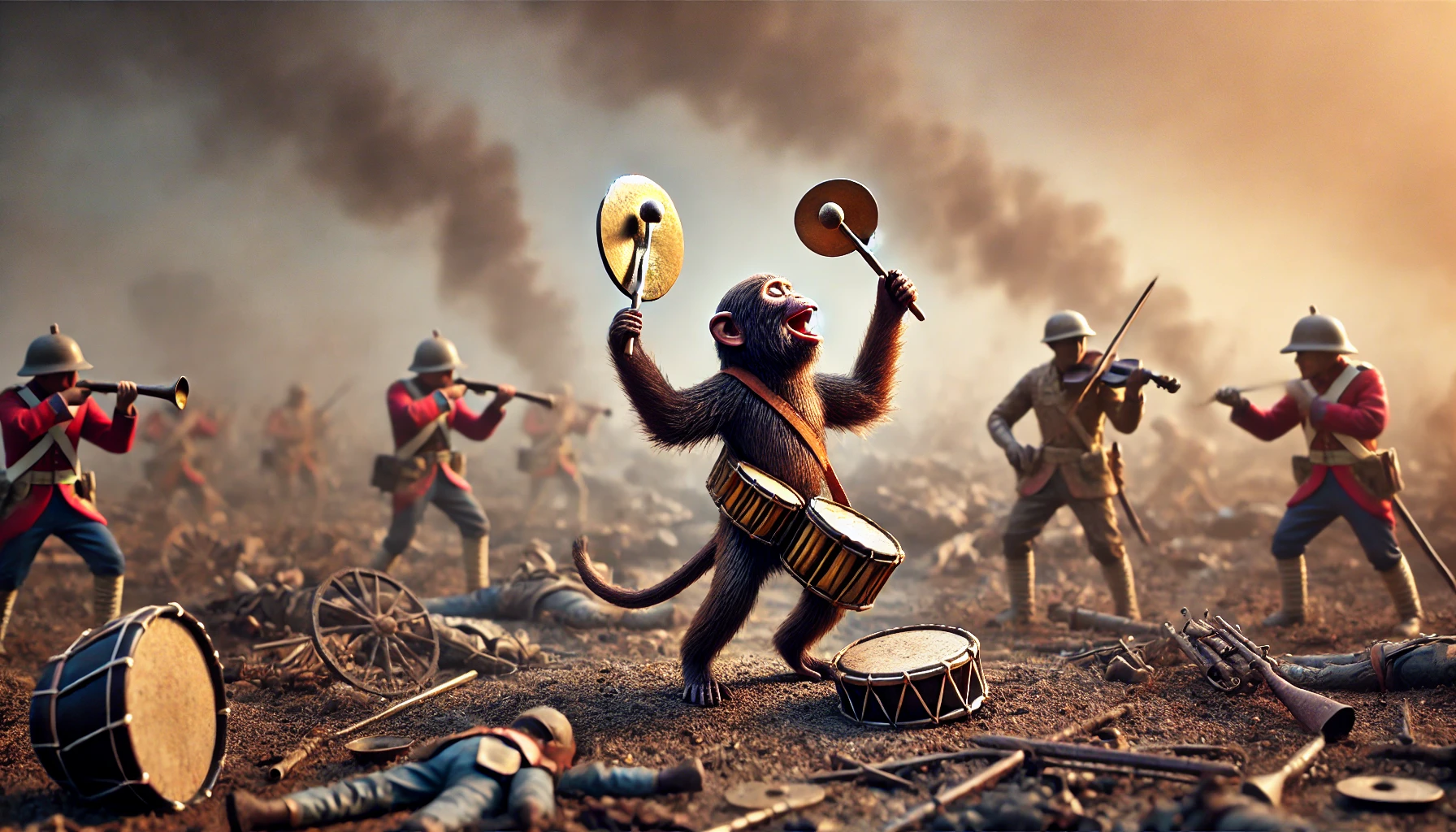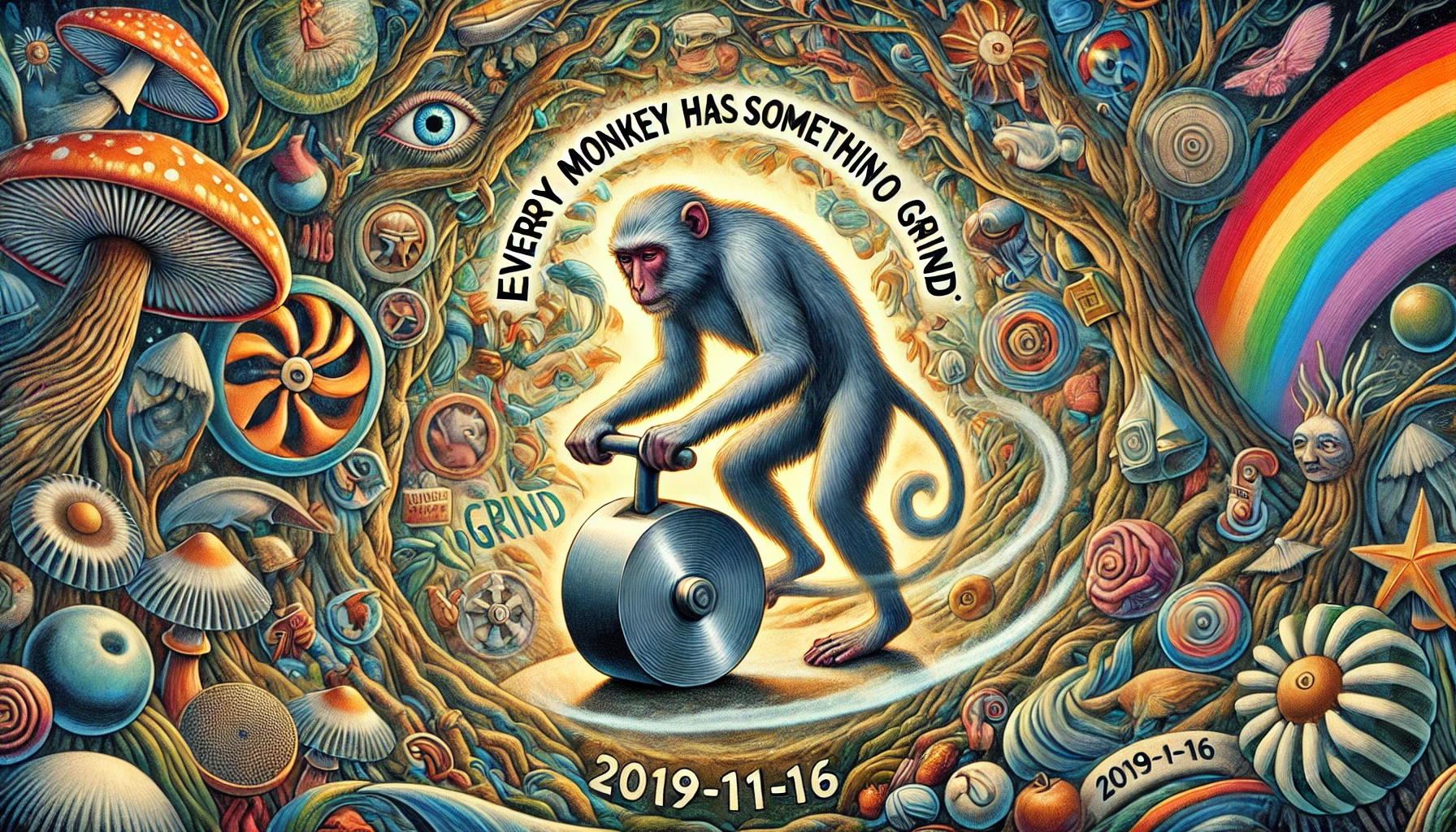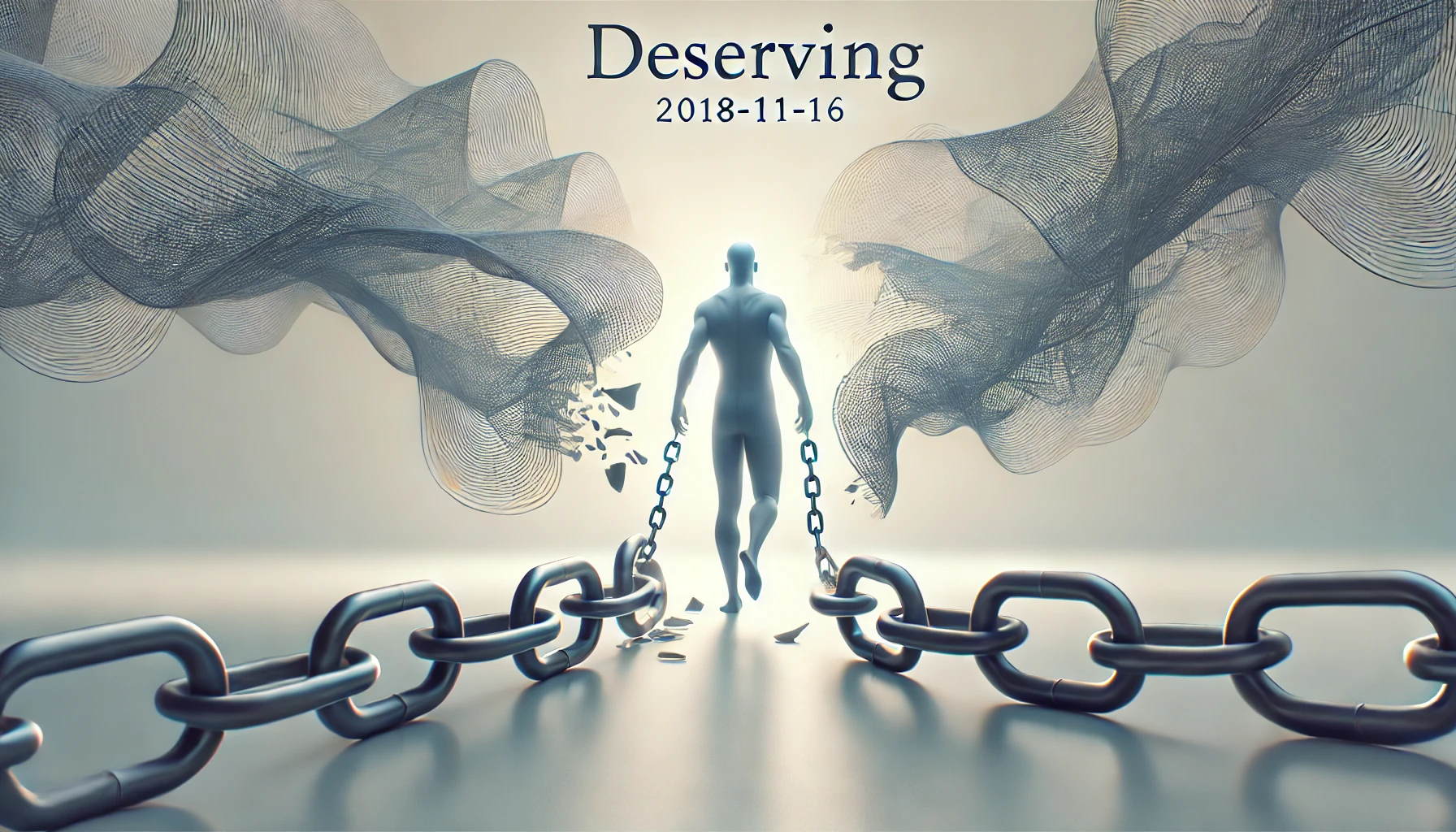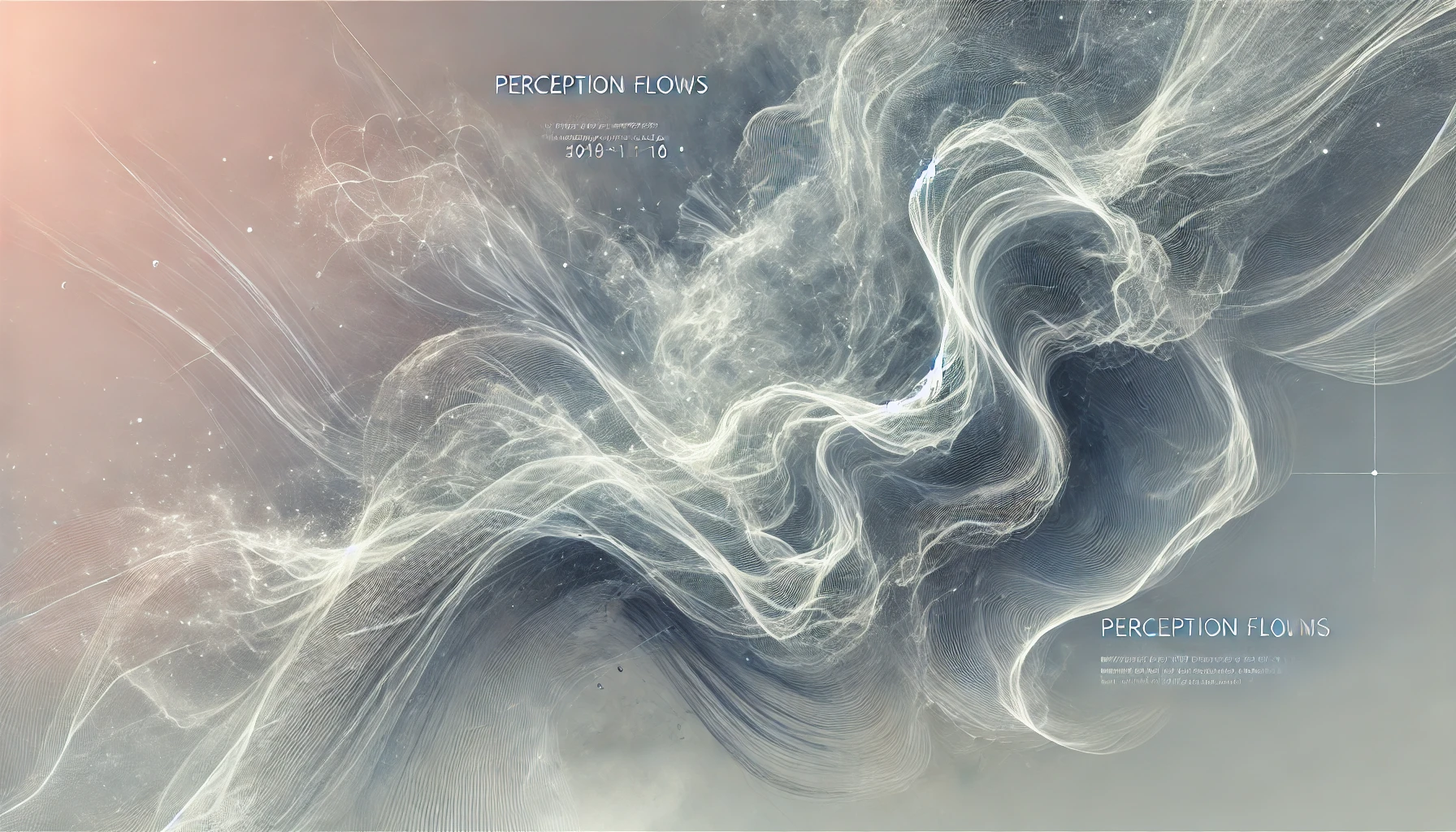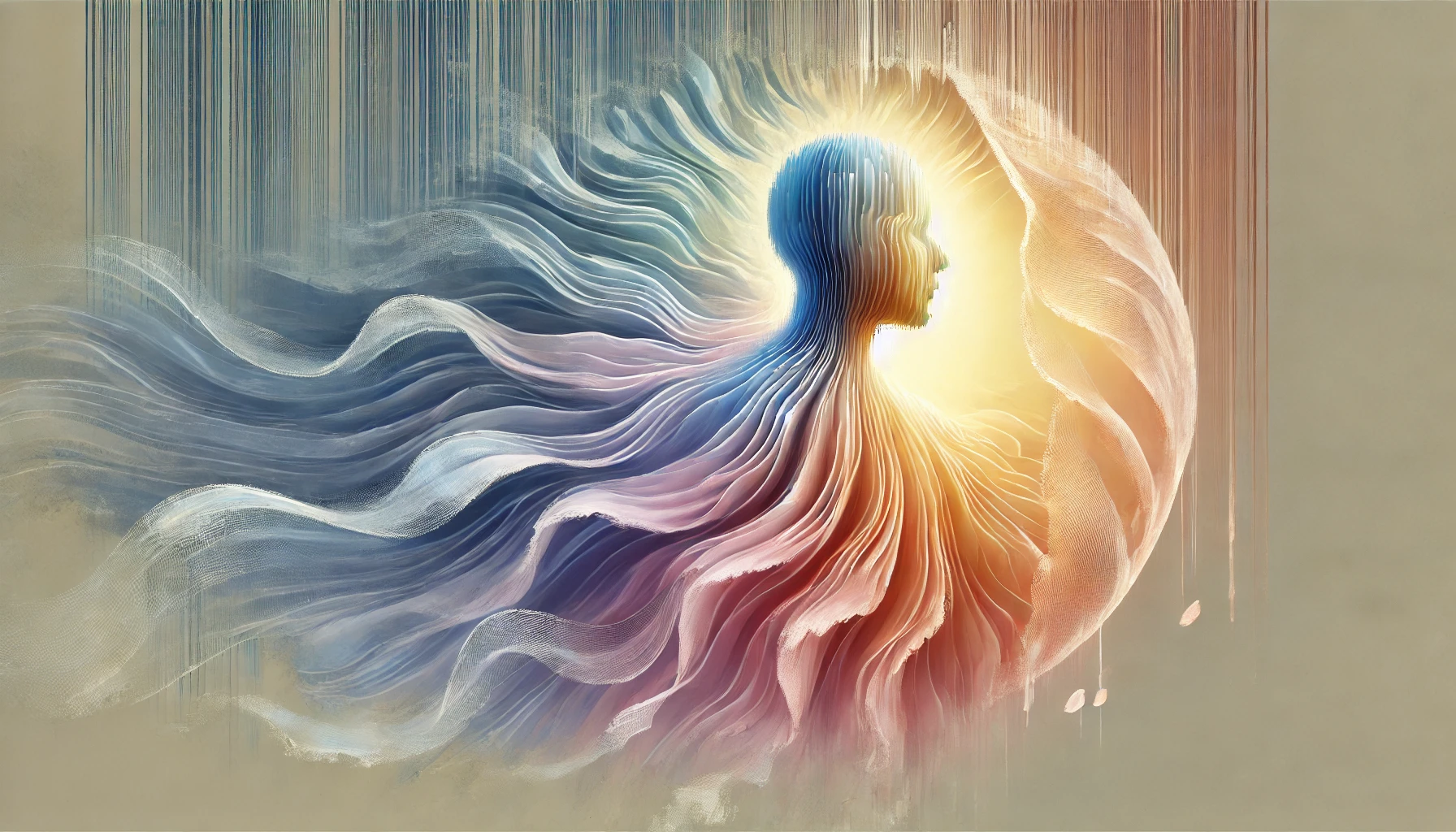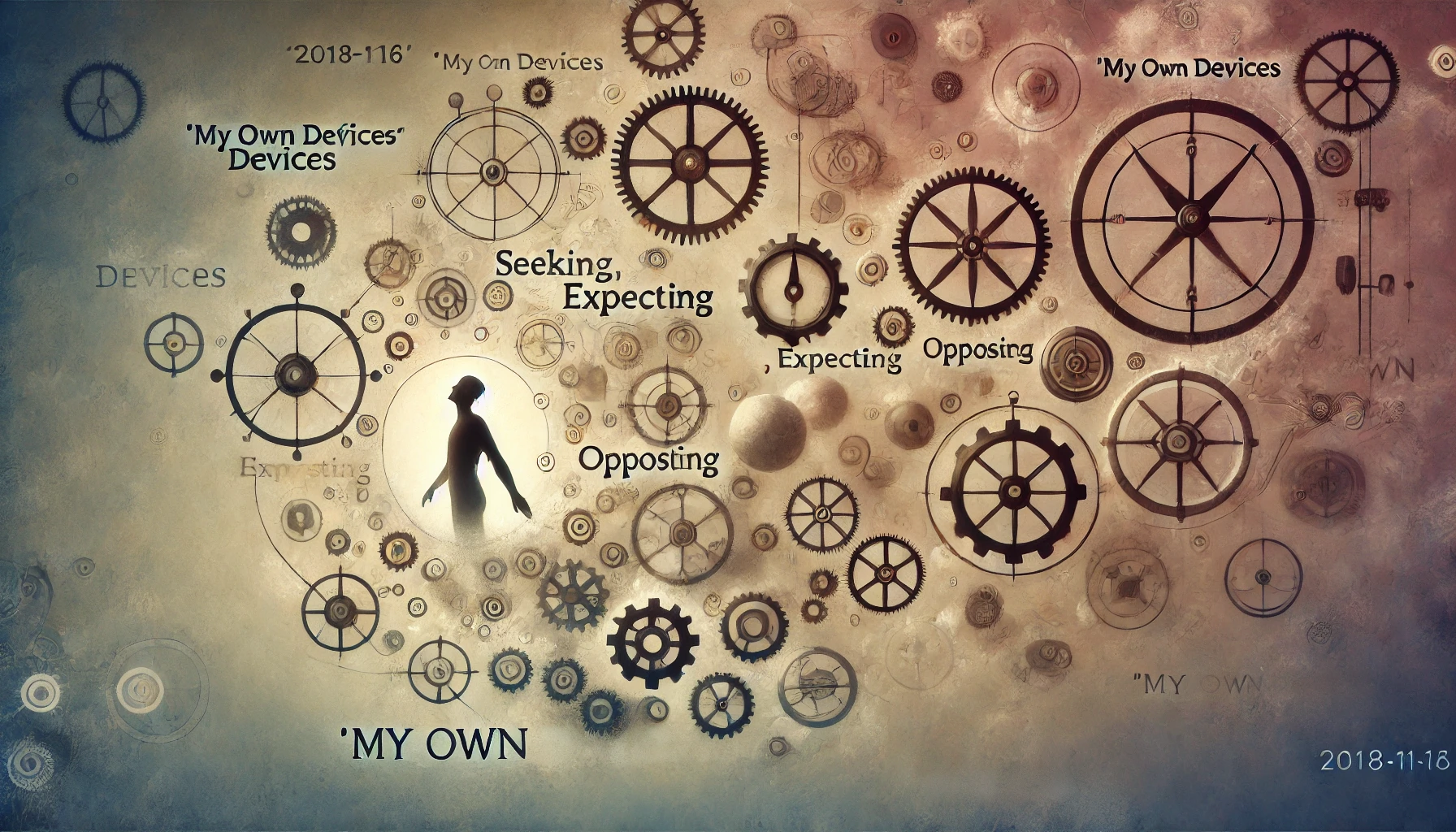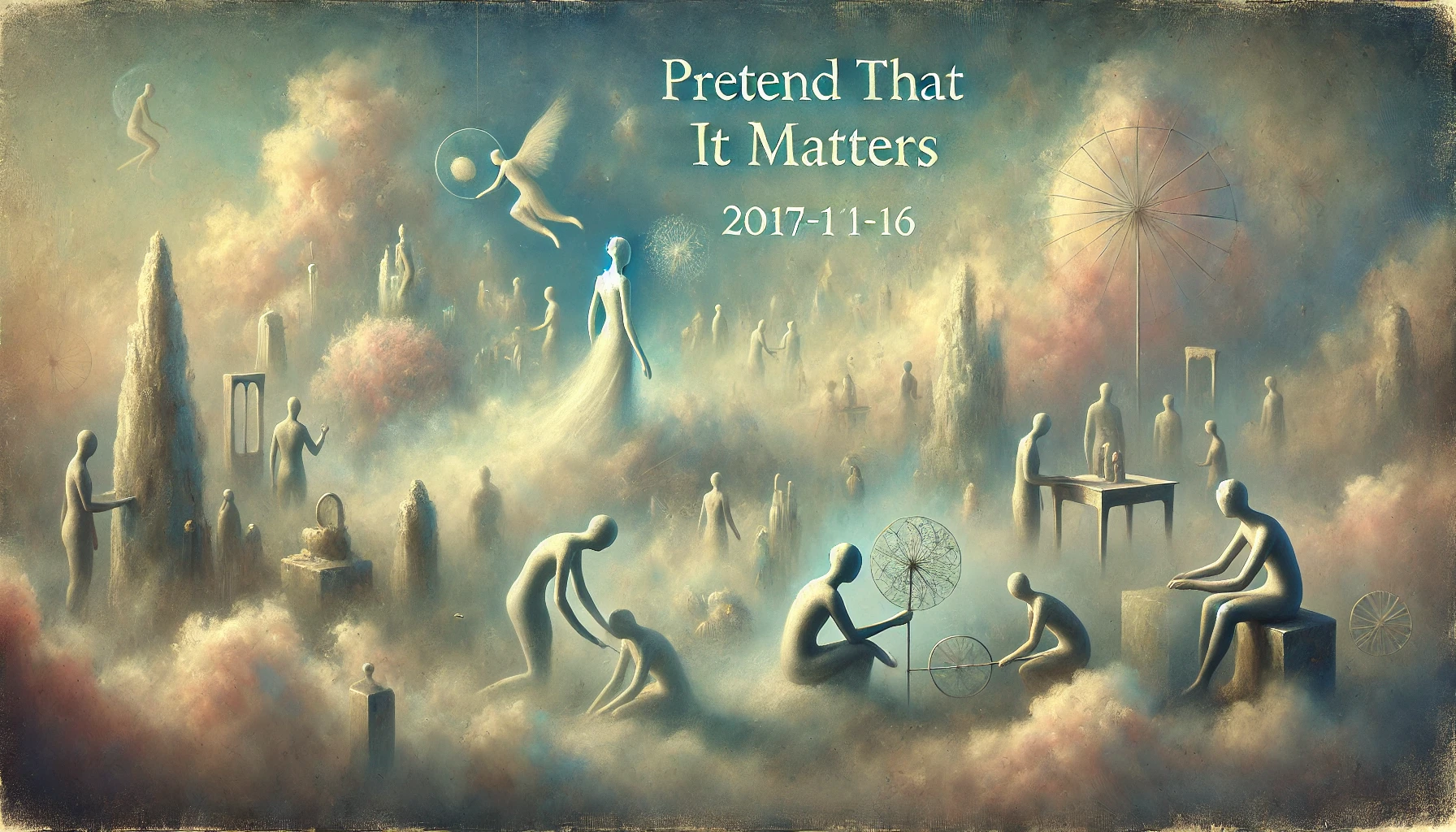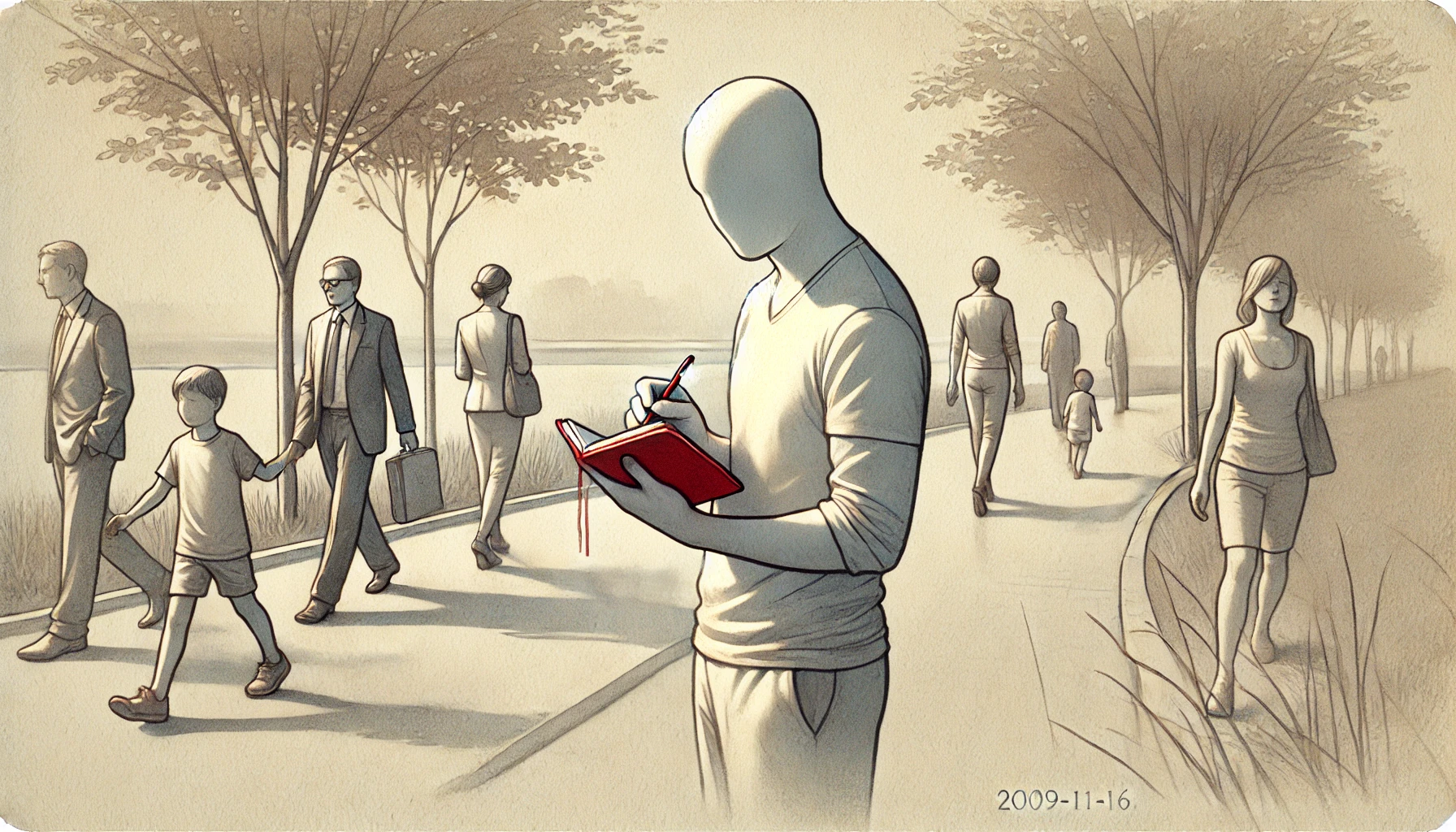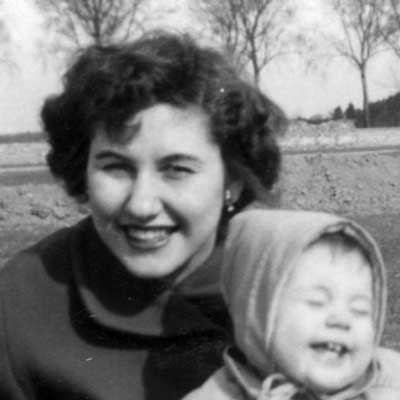
One day I won’t be my mother’s baby.
“Won’t be long,” she said. “Won’t be long.”
One day I might be a grownup, maybe.
“Won’t be long,” she said. “Won’t be long.”
Maybe I will go to Paris and raise a kid.
Maybe I will love somebody the way that she did.
The way she loves me now.
One day I will tend my mother’s garden.
“Won’t be long,” she said. “Won’t be long.”
And take my children out into the flowers.
“Won’t be long,” she said. “Won’t be long.”
“The cats will play outside all day.
The kids will run me ragged.
But then they’ll go to bed.”
That’s what she said.
How long will we have to be together?
“Won’t be long,” she said. “Won’t be long.”
How long will it be until forever?
“Won’t be long,” she said. “Won’t be long.”
When will we see each other again?
“Won’t be long,” she said.
“Won’t be long.”
Addendum:
This was written for my mom, the day after she died in 2003.
I played it at her funeral.
The verses you’ve shared are imbued with a tender reflection on growth, the inevitability of change, and the enduring nature of familial love. They evoke a journey from childhood into adulthood, marked by dreams, responsibilities, and the cyclical nature of life itself.
The recurring phrase, “Won’t be long,” serves as a poignant reminder of the fleeting moments that define our existence—how quickly time passes, transforming us from children under our parents’ care to adults who might one day care for our own children, and perhaps, even our parents. It’s a gentle acknowledgment of life’s transitions and the bittersweet reality that we all, inevitably, step into roles that were once held by those before us.
The imagery of going to Paris, raising a child, and loving someone as one has been loved encapsulates the hope and aspiration that fuel our journey through life. It speaks to the desire to experience the fullness of life—to love, to explore, and to nurture.
Tending to one’s mother’s garden and taking children out into the flowers are metaphors for continuing the legacy of care, love, and attention that is passed down through generations. It symbolizes not just the physical act of gardening but the nurturing of relationships, traditions, and memories that shape our sense of self and belonging.
The playful cats and the children running ragged until they go to bed depict the lively, chaotic, and joyful moments that fill our days, reminding us of the energy, love, and care that animate a family home. These moments, though exhausting, are precious and fleeting, cherished all the more as we grow older.
The questions about the length of togetherness and the timing of forever and reunions underscore the universal longing for connection and the fear of separation. They remind us of the preciousness of the time we have with our loved ones and the hope that, despite life’s uncertainties, the bonds we share will endure.
In essence, these verses invite us to reflect on the passage of time, the deep connections that bind us, and the love that endures through change. They encourage us to cherish every moment, to embrace life’s transitions with grace, and to carry forward the love and lessons bestowed upon us by those who have shaped our journey.


